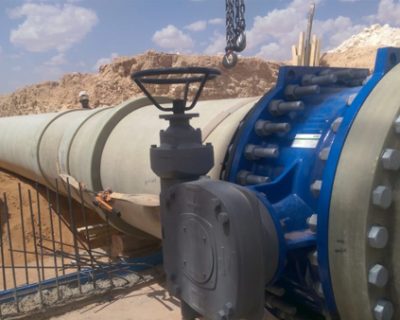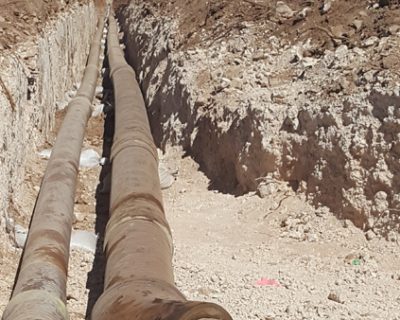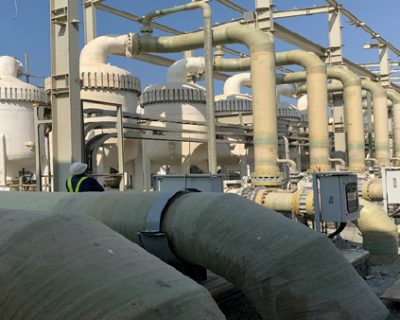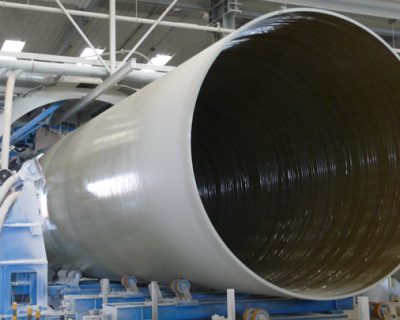Blog
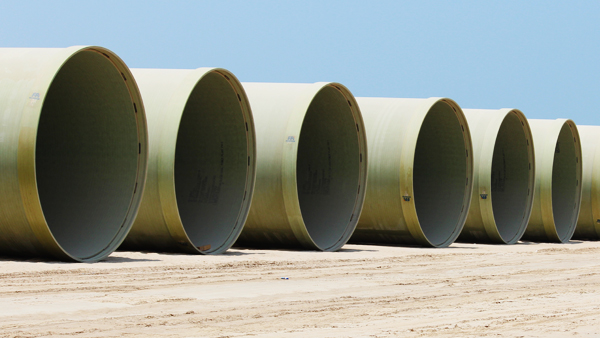
Exploring the Role of GRP and FRP Piping in Sustainable Water Management Systems
Glass Reinforced Plastic (GRP) and Fiber Reinforced Plastic (FRP) piping have emerged as game-changers, offering versatile and eco-friendly solutions that play a pivotal role in achieving sustainable water management. GRP (Glass Reinforced Plastic) and FRP (Fiber Reinforced Plastic) piping systems play a crucial role in sustainable water management systems. These innovative materials offer several advantages over traditional piping materials like steel or concrete, making them an ideal choice for various applications.
In addition to their durability, GRP and FRP piping systems also contribute to sustainable water management through their energy efficiency. These materials have excellent thermal insulation properties, which help to minimize heat loss during water transport. Thus, less energy is required for heating or cooling the water that lead to reduced energy consumption and lower carbon emissions.
Furthermore, GRP and FRP piping systems are highly resistant to leaks and cracks, reducing the risk of water loss and wastage which is particularly important in sustainable water management systems where conserving water resources is a priority. By minimizing leaks, these piping systems help to ensure that precious water resources are used efficiently and effectively.
Another advantage of GRP and FRP pipes is their flexibility in design and installation. These materials can be easily molded into various shapes and sizes, allowing customized solutions that fit specific project requirements.
The lightweight nature of GRP and FRP pipes makes transportation easier and more cost-effective compared to traditional materials like steel or concrete.
Moreover, the production process of GRP and FRP piping systems is relatively eco-friendly compared to other materials. The manufacturing process involves low energy consumption, minimal waste generation, and no harmful emissions of pollutants released into the environment. This aligns with sustainable practices aimed at reducing environmental impact.
Overall, incorporating GRP and FRP piping systems into sustainable water management projects offers multiple benefits including durability, energy efficiency, reduced leakage risks, flexible design and installation, and eco-friendly production. These advantages make GRP and FRP pipes a valuable choice for promoting sustainable water management practices. This contributes to the overall goal of conserving water resources and reducing carbon emissions in order to create a more sustainable future.


